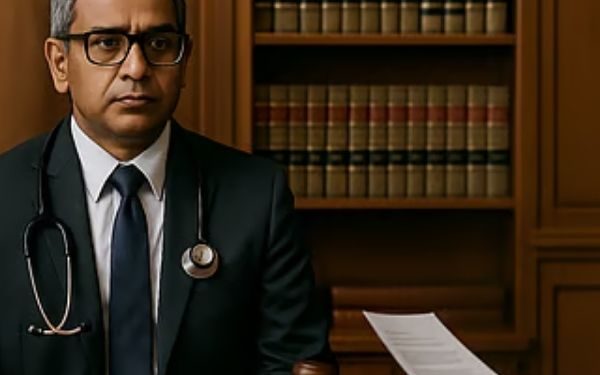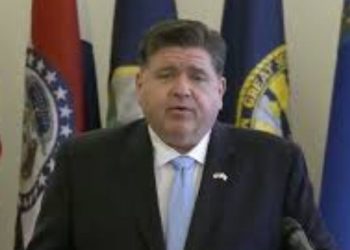LAKE FOREST, Ill. — Dr. Krishnaswami Sriram, a Lake Forest-based physician, was sentenced on August 20, 2025, to 34 months in federal prison for orchestrating a tax evasion and Medicare fraud scheme totaling approximately $1.6 million, according to the U.S. Department of Justice.
The sentence, handed down by U.S. District Court Judge John Robert Blakey, also includes three years of supervised release and restitution of around $1.7 million to the federal government.
Complex Tax Evasion Scheme
Court documents revealed that Sriram engaged in systematic tax evasion from 2011 to 2017 using several deceptive tactics:
-
Transferred ownership of two rental properties to his children without their knowledge while continuing to collect rental income.
-
Moved roughly $700,000 from U.S. bank accounts to accounts in India, hiding assets from tax authorities.
-
Submitted an offer-in-compromise to the IRS that omitted key financial information, including U.S. and Indian investment accounts and rental property ownership, to reduce his tax liability.
Medicare Fraud Over a Decade
Sriram also committed Medicare fraud between 2012 and 2022, submitting false claims for in-home care that never occurred.
-
He billed Medicare for visits on dates when patients were either deceased or hospitalized.
-
The fraudulent claims totaled $136,980.36, impacting vulnerable Medicare beneficiaries.
Investigation and Prosecution
The case was investigated by IRS Criminal Investigation, with prosecution led by Assistant U.S. Attorney Sara E. Henderson and assistance from former Trial Attorney Victor Yanz of the Criminal Division’s Fraud Section.
The total financial impact of Sriram’s crimes, including tax loss and Medicare fraud, exceeded $1.7 million, highlighting the severity of the offenses.
“The substantial prison sentence reflects the serious nature of the crimes and the significant financial impact on federal programs,” the DOJ said.
Professional Implications
While Sriram’s medical license status was not immediately addressed, such convictions typically trigger state medical board investigations and potential professional sanctions.
This case underscores the serious consequences for healthcare professionals who exploit their positions to defraud federal programs and evade taxes, emphasizing the federal government’s continued focus on protecting public funds and program integrity.
This article has been carefully fact-checked by our editorial team to ensure accuracy and eliminate any misleading information. We are committed to maintaining the highest standards of integrity in our content.







